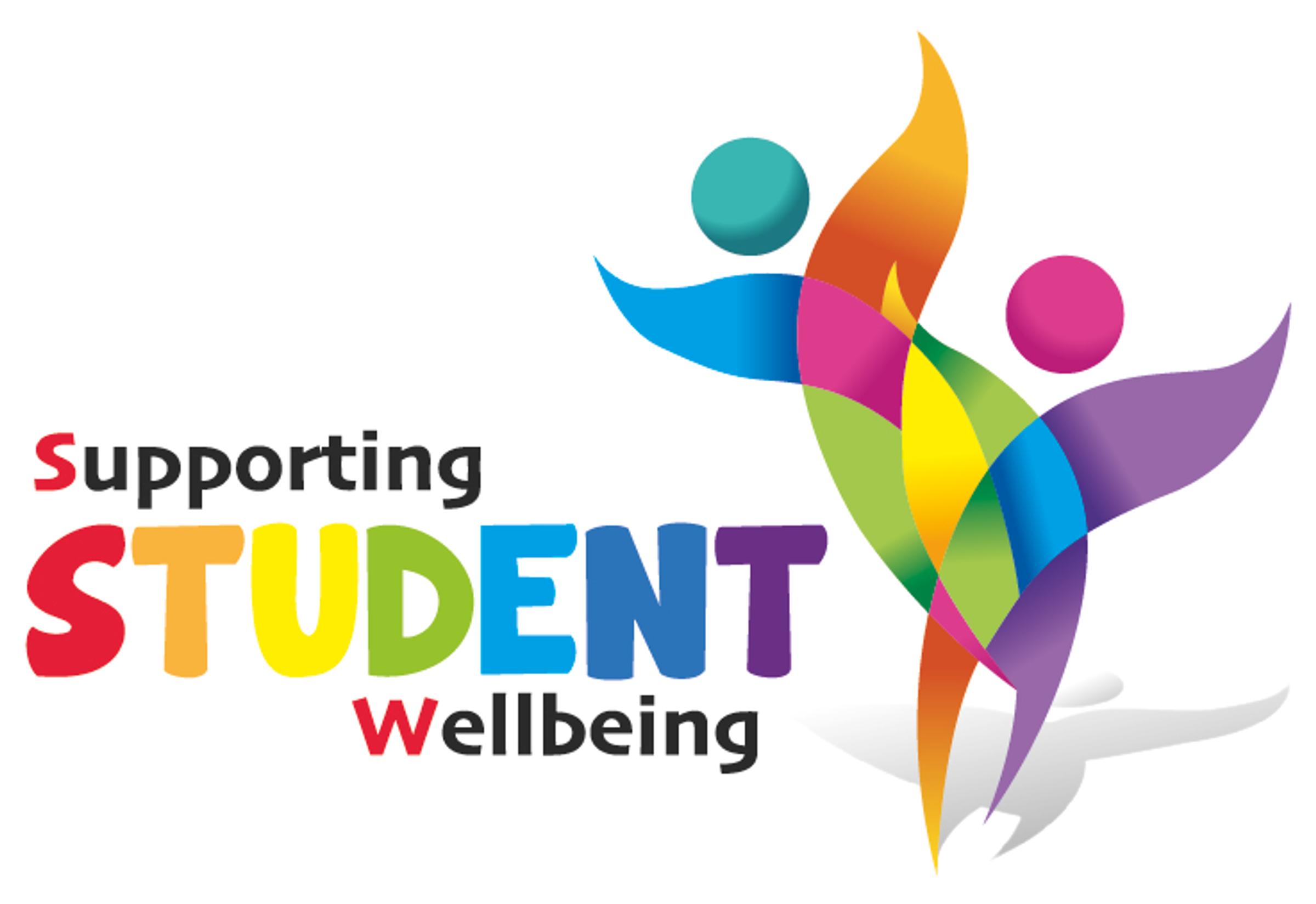Wellbeing

As you know our students are all learning African Drumming in preparation for our performance. Look at the great benefits drumming can have.....
How Playing the Djembe Helps Build Emotional Resilience
In today’s fast-paced world, helping children develop emotional resilience is more important than ever. Children today are exposed to less opportunities for facing challenges by themselves, or solving problems unsupervised. Emotional resilience is the ability to adapt to stress and adversity, bouncing back from challenges with a positive outlook. One powerful and engaging way to build this resilience is through playing the djembe, a traditional African Drum, or learning drumming rhythms. Here’s how these rhythmic activities directly contribute to children’s emotional well-being.
Immediate Emotional Release
The physical act of drumming provides an immediate and effective outlet for releasing pent-up emotions. Whether it’s frustration, anger, or anxiety, the vigorous and rhythmic movement involved in drumming allows children to express and process these feelings in a healthy way. This immediate release helps in reducing stress and promoting emotional balance.
Rhythmic Consistency and Grounding
Drumming involves steady, repetitive rhythms that create a sense of grounding and stability. This rhythmic consistency can be particularly soothing for children, helping them feel more centered and secure. The predictable patterns in drumming provide a form of comfort and stability, which is crucial for emotional resilience.
Improved Focus and Presence
Playing the djembe requires children to concentrate on the beat and rhythm, which helps them stay present in the moment. This mindfulness practice diverts their attention from worries and negative thoughts, reducing anxiety and promoting a sense of calm. By focusing on the present, children can better manage their emotions and stress.
Building Physical and Emotional Endurance
Drumming can be physically demanding, requiring stamina and persistence. This physical endurance can translate into emotional endurance, teaching children to push through challenges and build resilience. The discipline and perseverance developed through drumming are valuable skills that support emotional strength.
Coordination and Cognitive Engagement
Learning and playing drumming rhythms engage both the brain and the body. This activity improves hand-eye coordination, timing, and cognitive processing. The integrated engagement strengthens neural connections that support emotional regulation and resilience. Drumming thus provides a holistic approach to emotional development.
Social Connection and Support
Group drumming sessions promote social interaction and collaboration. The sense of community and mutual support fostered in these sessions can enhance children’s social skills and provide a network of emotional support. Strong social bonds are essential for resilience, helping children feel connected and supported.
Positive Reinforcement and Self-Esteem
Successfully learning and performing drumming rhythms provide a sense of accomplishment and positive reinforcement. This boosts self-esteem and self-efficacy, which are critical for emotional resilience. When children feel confident in their abilities, they are better equipped to handle adversity and bounce back from challenges.
Social Connection and Support
Group drumming sessions promote social interaction and collaboration. The sense of community and mutual support fostered in these sessions can enhance children’s social skills and provide a network of emotional support. Strong social bonds are essential for resilience, helping children feel connected and supported.
Positive Reinforcement and Self-Esteem
Successfully learning and performing drumming rhythms provide a sense of accomplishment and positive reinforcement. This boosts self-esteem and self-efficacy, which are critical for emotional resilience. When children feel confident in their abilities, they are better equipped to handle adversity and bounce back from challenges.
Expression of Individuality and Creativity
Drumming allows children to express themselves creatively. This creative expression can be therapeutic, providing a way to process and communicate complex emotions in a non-verbal manner. Encouraging individuality through drumming helps children understand and manage their emotions more effectively.
Regulating Breathing and Heart Rate
The act of drumming often coincides with controlled breathing and can influence heart rate. This physiological regulation can have calming effects, reducing symptoms of anxiety and contributing to emotional stability. Drumming thus supports both physical and emotional well-being.
Creating a Sense of Achievement
Mastering a new drumming rhythm or technique gives children a sense of achievement and pride. These positive experiences build their confidence and resilience, showing them that they can overcome challenges and learn new skills. This sense of accomplishment is a powerful motivator for continued growth and emotional strength.
Conclusion
Incorporating djembe playing and drumming rhythms into children’s routines offers numerous direct benefits for their emotional resilience. From immediate emotional release to building confidence and social connections, drumming provides a multifaceted approach to developing emotional strength. By engaging in this rhythmic practice, children can learn to manage their emotions, reduce stress, and build resilience.
ArticleSource: https://www.africandrumming.com.au/category/blog/?srsltid=AfmBOoq2oLR3aeuDd_yyHltL_KaQkOPQB5tLw5t5GAKoMTUUkqtVbSpl
Rikki Winduss
Wellbeing Leader
